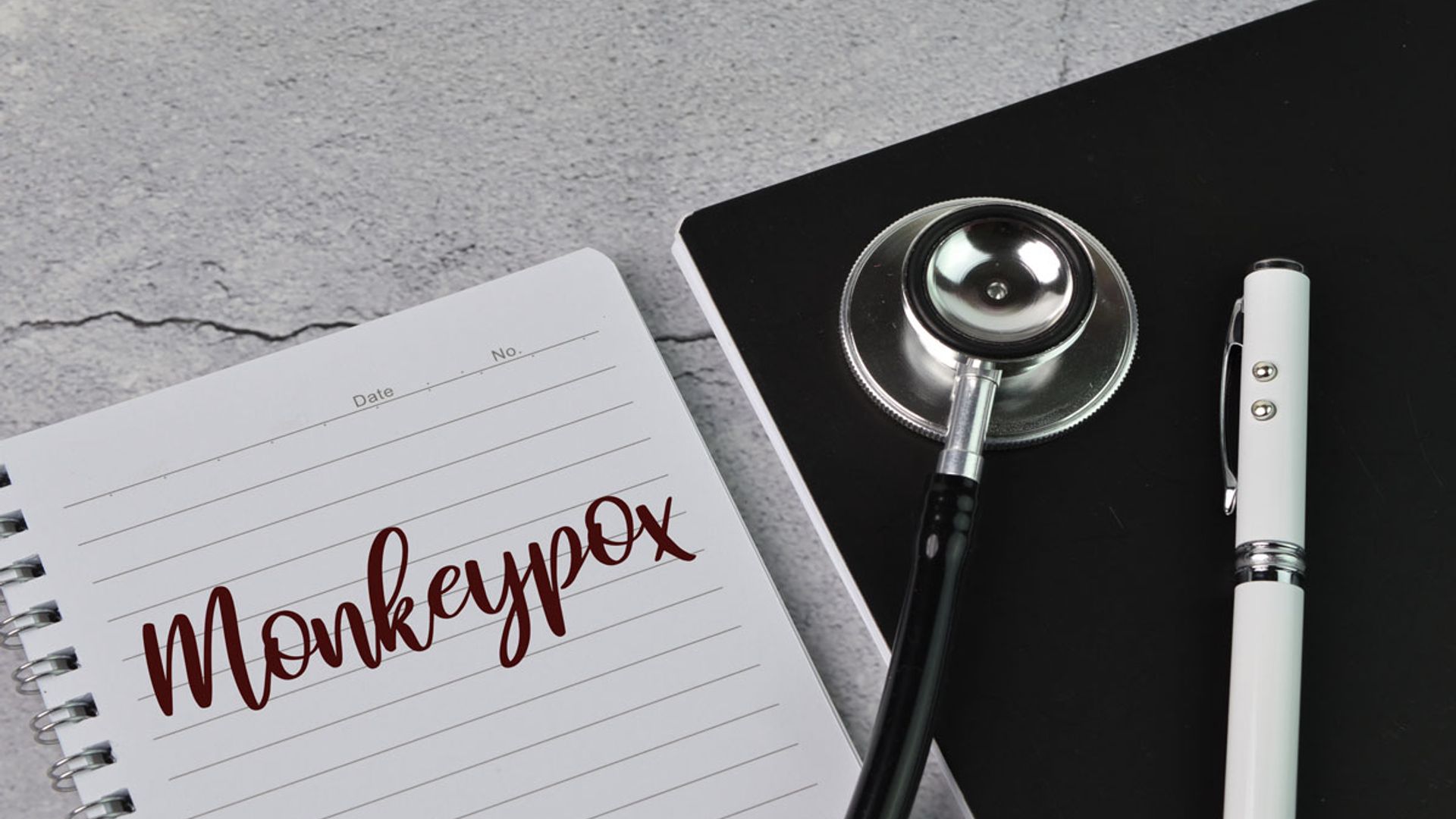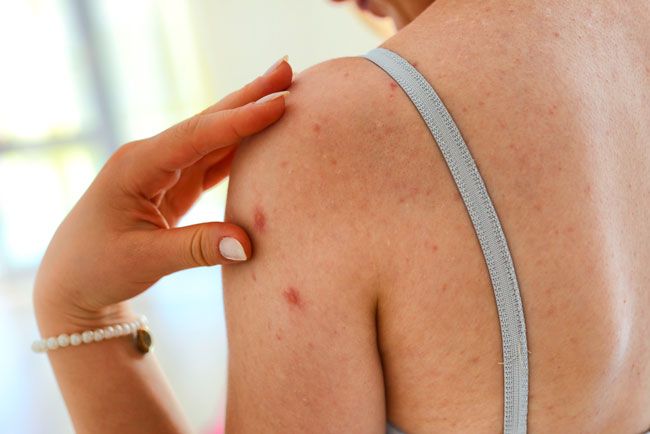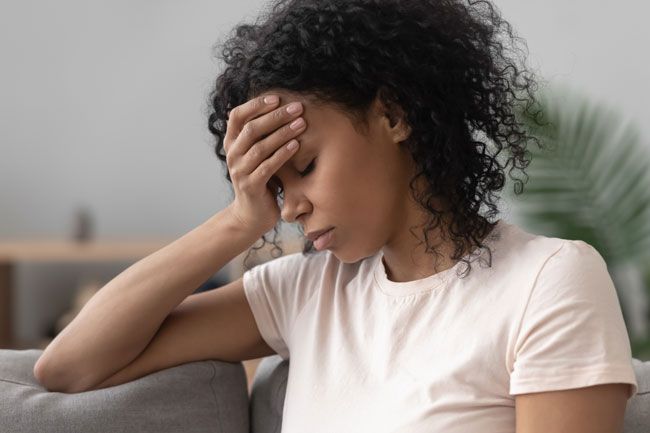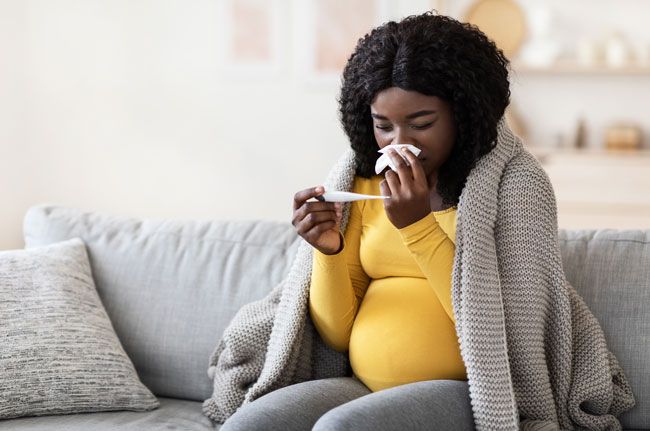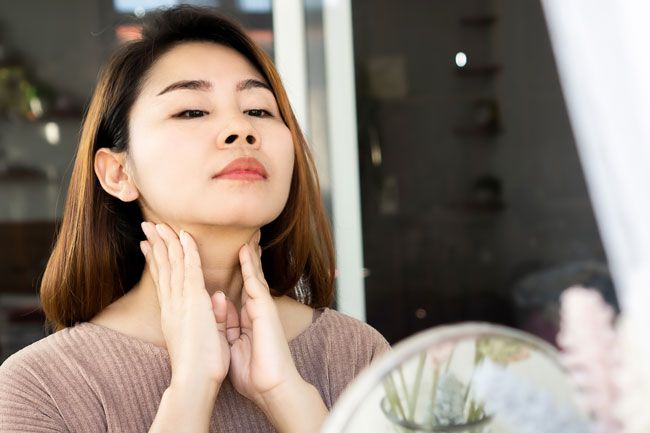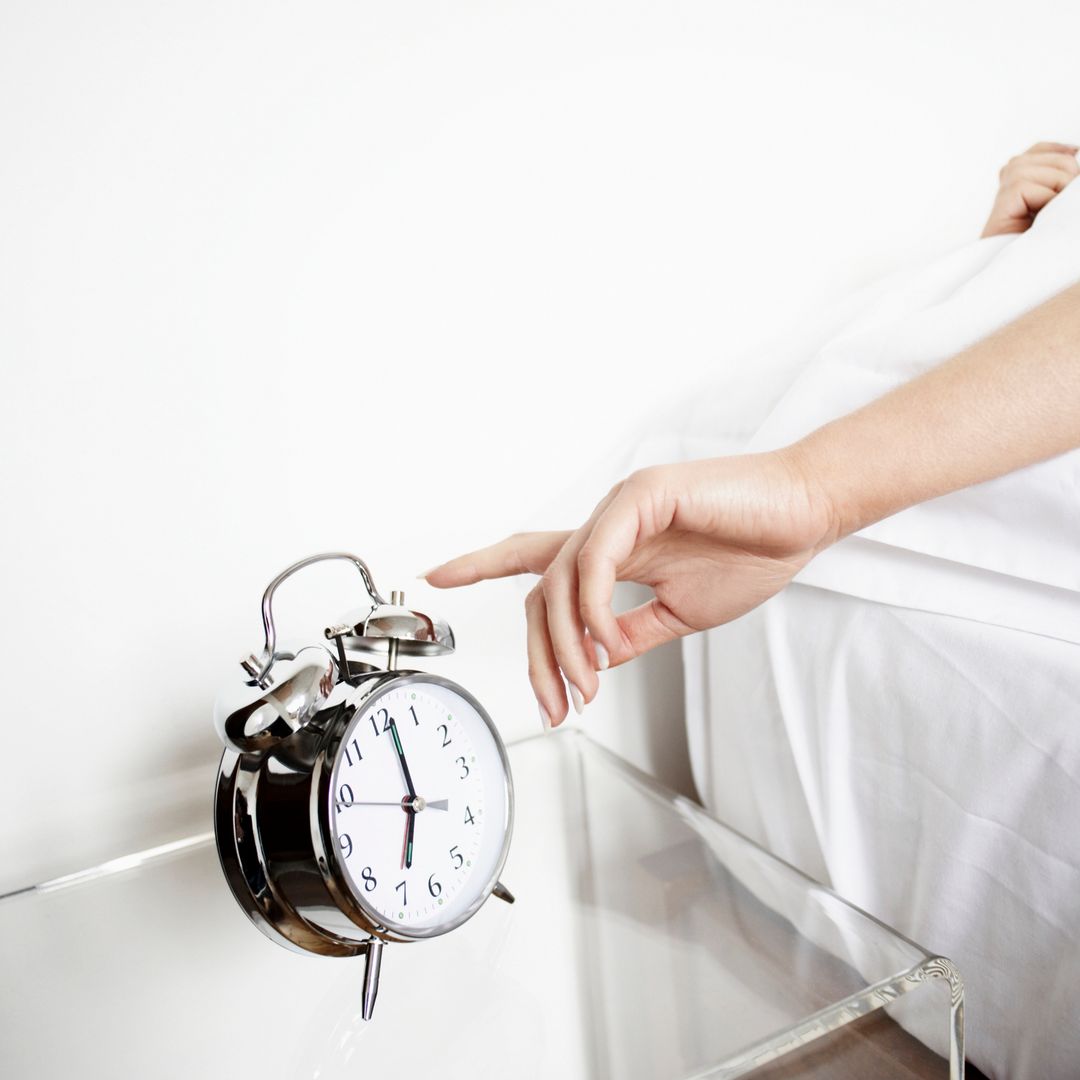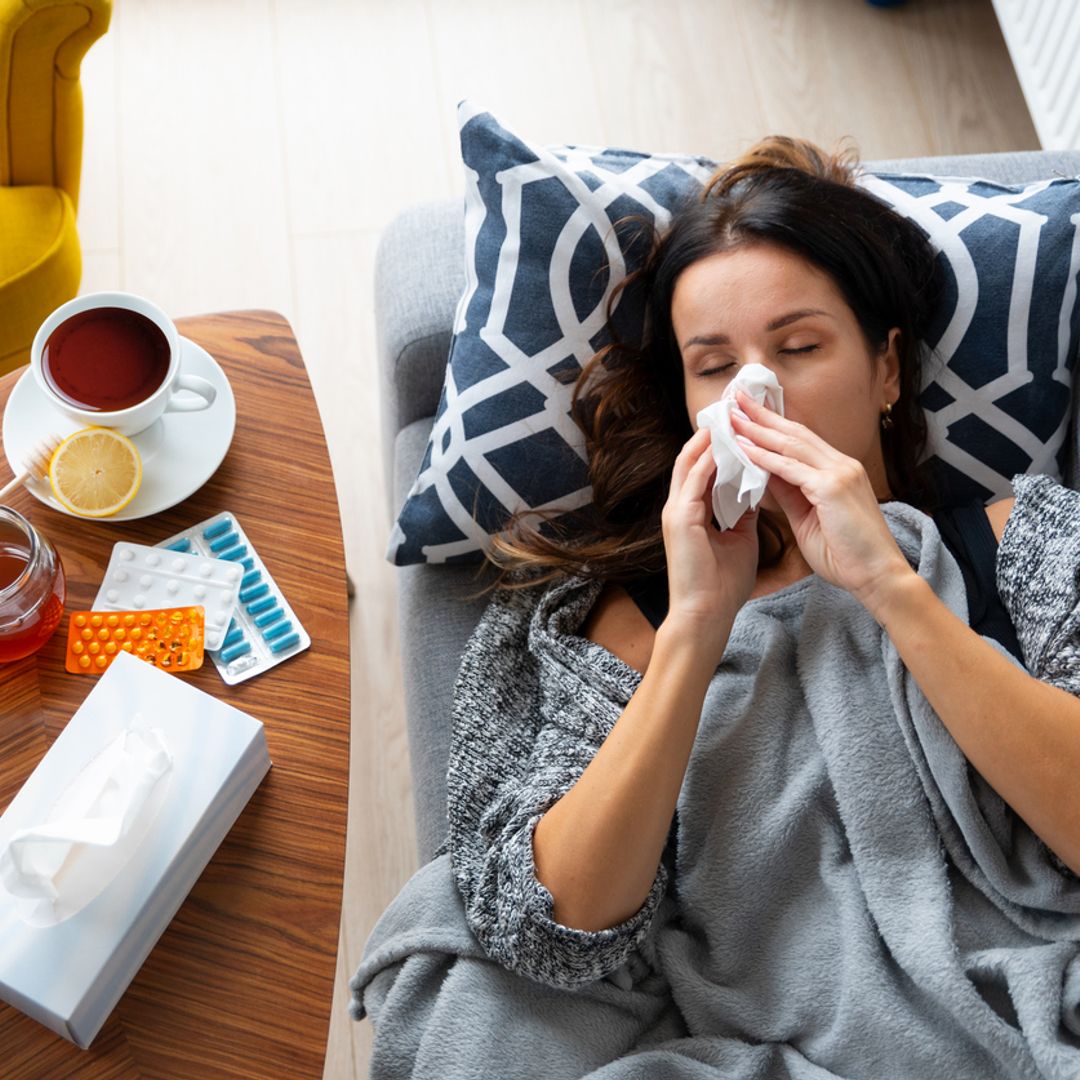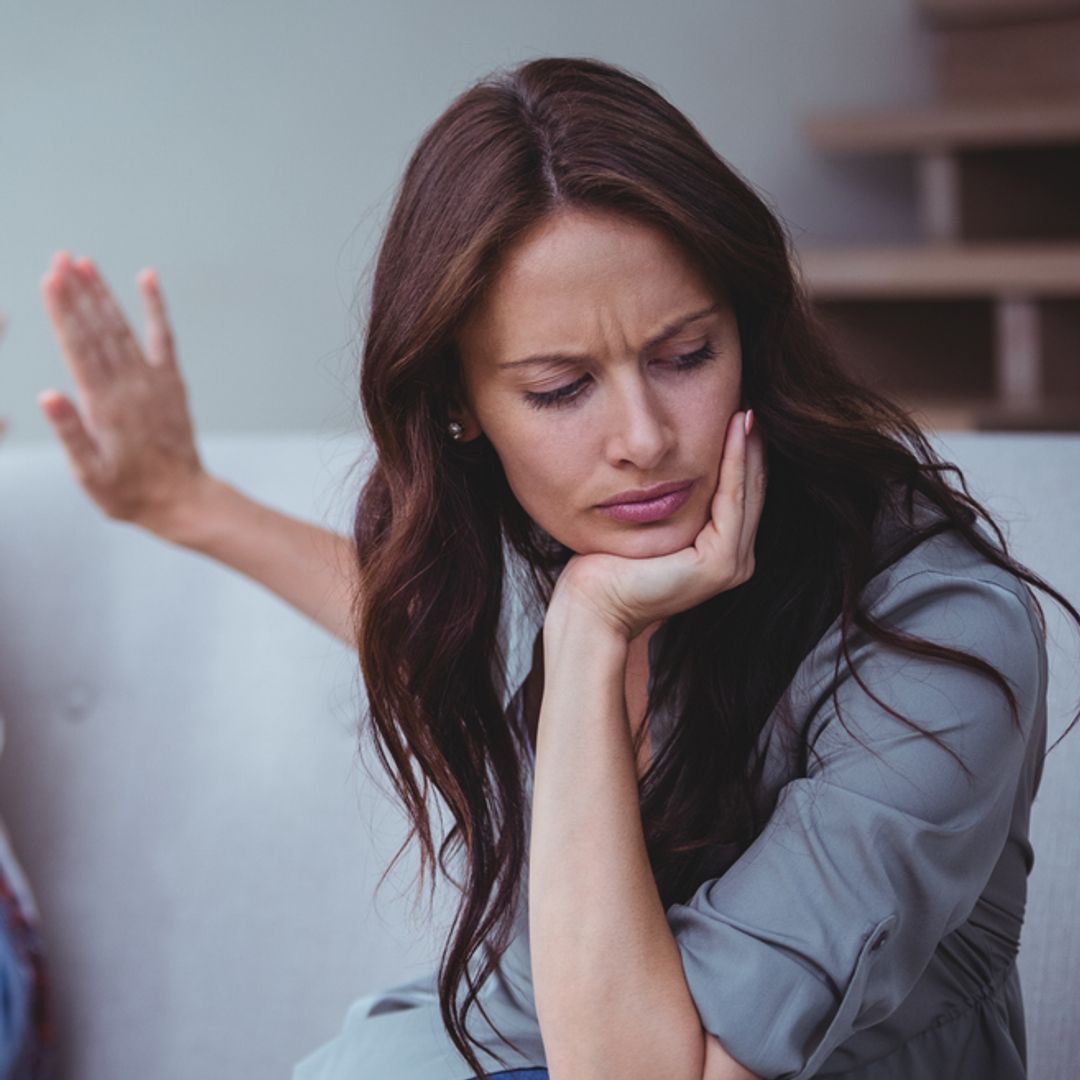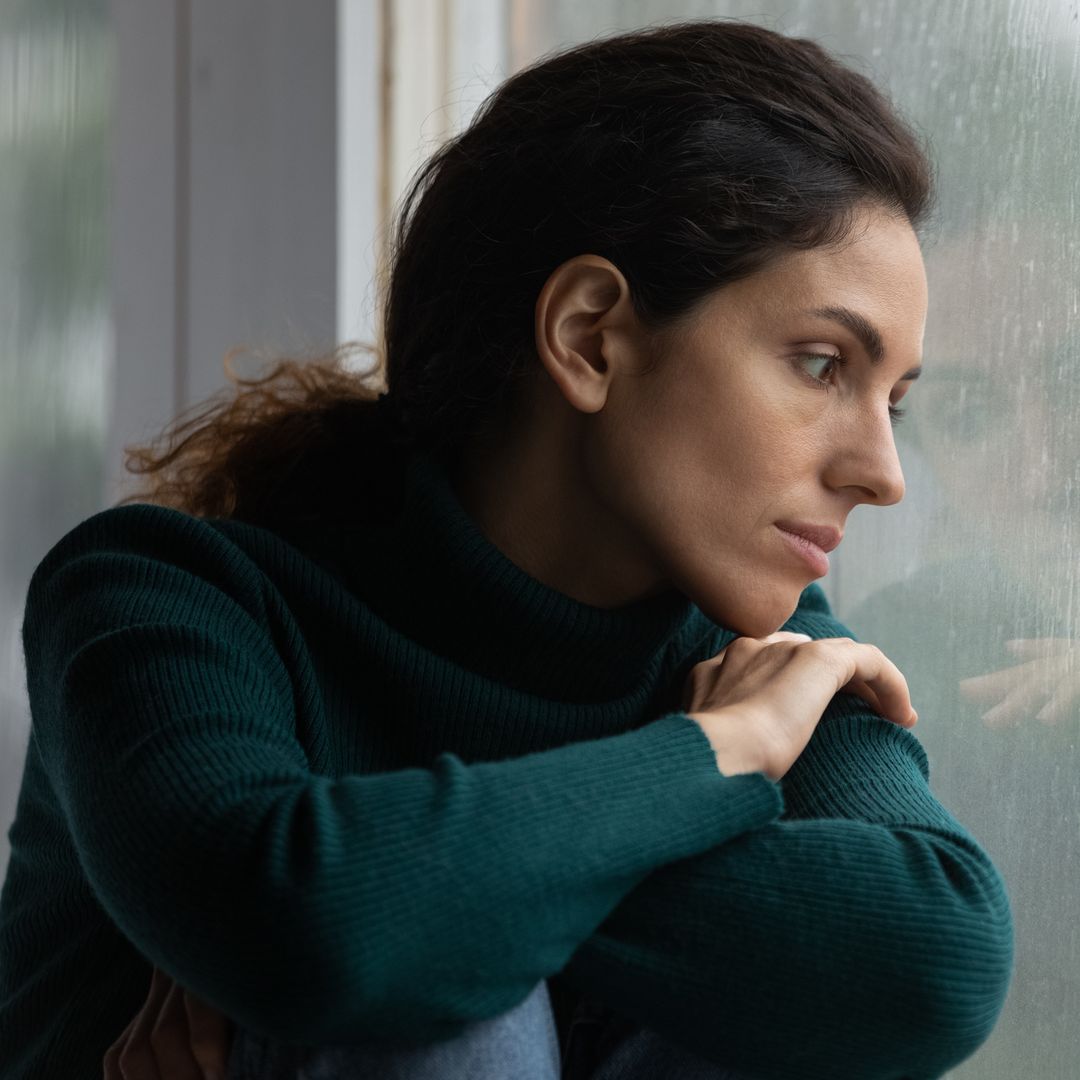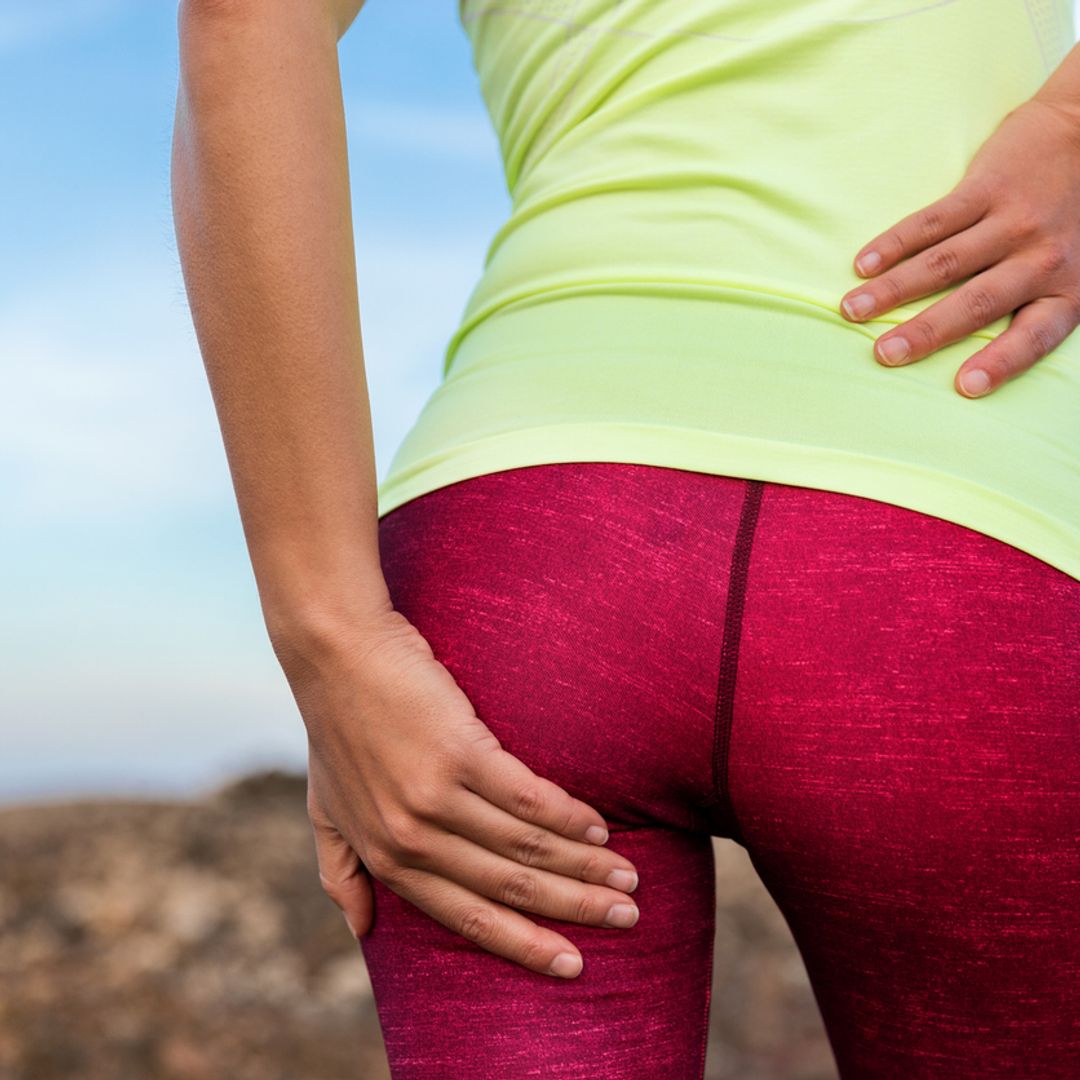Cases of rare disease monkeypox are on the rise in the UK, but what is the illness, what are the symptoms and treatments of monkeypox and how worried should we be?
MORE: Covid: 9 new symptoms added to official list
Monkeypox is a rare infection that results in a rash. The rash normally starts on the face, then spreads to other parts of the body, according to the NHS website.
WATCH: The effects coronavirus has on the body
The rash looks similar to chickenpox and starts as raised spots, which turn into small fluid-filled blisters filled. These blisters eventually form scabs which later fall off.
MORE: How can I book my child's Covid vaccine? Everything you need to know
SEE: Does the COVID-19 vaccine affect fertility? Your concerns answered by an expert
What are the symptoms of monkeypox?
As well as the rash, monkeypox symptoms include:
High temperature
Muscle aches
Swollen glands
Fatigue
Shivering
Monkeypox results in fluid-filled spots
READ: Can IVF bring on early menopause? A doctor explains
How do you catch monkeypox?
Monkeypox is most common in West Africa and can be spread by animals and humans.
Catching monkeypox from an animal often occurs when an infected animal bites or scratches a human, or it's passed on through bodily fluids.
In humans, the virus is transmitted through coughing, sneezing and airborne droplets. The NHS also notes that touching clothing, bedding or towels used by someone with the monkeypox rash can lead to infection.
Monkeypox can be passed on through airborne droplets
How many cases of monkeypox are there in the UK?
At present, there are just seven known cases in the UK.
How worried should we be about monkeypox?
“Although cases of monkeypox in the UK are on the rise, it's a rare disease and most people who contract the virus usually only suffer with mild symptoms which last around two to four weeks," says Navin Khosla, pharmacist at healthcare brand From Mars.
"Your chances of catching monkeypox are extremely slim, but it's important to be aware of the symptoms and the steps you can take to avoid the virus."
A high temperature is a symptom of monkeypox
How to avoid catching monkeypox
Navin advises staying away from any dead animals, be it in the street or local woodlands, and avoid animals that appear unwell.
"In relation to human transmission, it's important to avoid contact with any humans who are unwell and refrain from sharing bedding, towels and other items they may have been in contact with," Navin says.
"Alongside all of these precautions, it's important to wash your hands on a regular basis and use hand sanitiser as often as possible."
If you believe you might have monkeypox then it's vital you isolate and ring your GP and explain your symptoms and they will talk you through the next steps and what you need to do in order to prevent the virus from transmitting to other people, Navin explains.
Monkeypox can cause swollen glands
Monkeypox treatments
The NHS says that treatment for monkeypox aims to relieve symptoms.
The site says patients with monkeypox usually need to stay in a specialist hospital, to stop the infection spreading to other people and to have symptoms treated.
Most people with monkeypox recover within a few weeks.
Like this story? Sign up to our HELLO! newsletters to get other stories like this delivered straight to your inbox.
